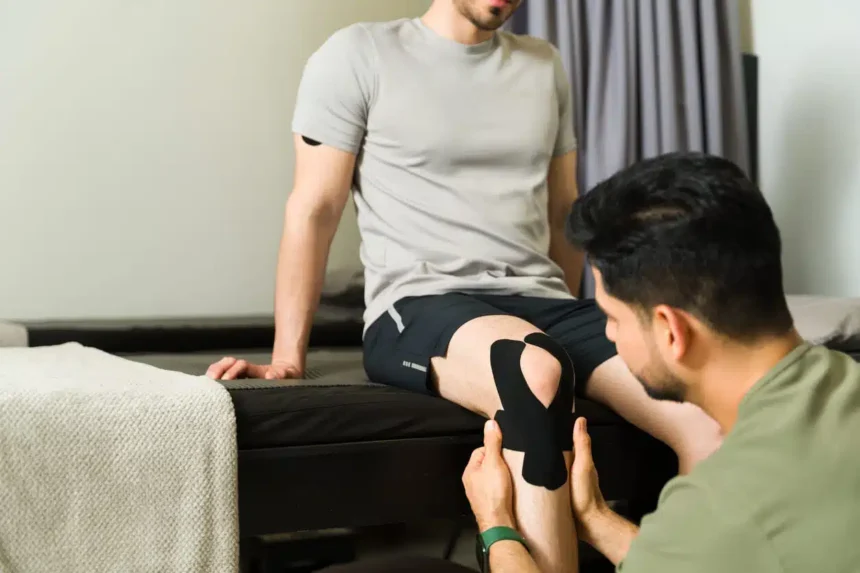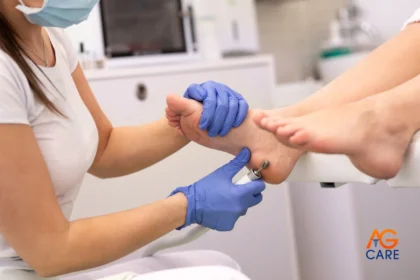Orthopedic sports medicine providers specialize in maintaining athletes’ musculoskeletal health and managing injuries to bones, joints, muscles, ligaments, and tendons. They use a methodical, evidence-based approach to prevention and recovery, and they help athletes maintain functional capacity and performance. These clinicians provide specialized interventions and guidance throughout training and competition, supporting both short-term recovery and long-term athletic wellness. Here’s how sports medicine can help with injury prevention and recovery:
Developing Targeted Injury Prevention Strategies
Orthopedic specialists develop prevention strategies based on an in-depth understanding of sport-specific demands and the athlete’s medical and biomechanical profile. They utilize clinical evaluations, movement analysis, and injury history data to identify musculoskeletal vulnerabilities unique to each athlete. Prevention strategies may include:
- Strength and Conditioning Programs: These are structured to strengthen muscles and stabilize joints, aiming to minimize the risk of sprains, strains, and overuse injuries.
- Flexibility and Mobility Protocols: Tailored mobility and stretching routines are prescribed to promote an optimal range of motion, reducing stress on connective tissues and joints.
Sports medicine specialists educate athletes on proper biomechanics, footwear selection, and the optimal use of athletic and protective equipment. Nutrition guidance for musculoskeletal support and hydration may also be addressed. These integrated strategies provide a helpful approach to risk reduction; they focus on modifiable injury factors and optimizing athlete musculoskeletal health.
Managing Acute Injury Recovery
When injuries occur, orthopedic sports medicine providers perform thorough assessments to establish accurate diagnoses and guide treatment. They can assist with fractures, sprains and strains, joint dislocations, and tendinitis. Early management stabilizes the affected area and addresses both immediate symptoms and long-term function. Providers design individualized rehabilitation plans that include progressive exercises to restore strength, mobility, and stability, and they monitor progress against clinical benchmarks. Imaging and other diagnostics evaluate tissue healing, supporting a safe, methodical return to pre-injury performance.
Supporting Safe Return to Sport
Orthopedic medicine providers play a key role in guiding athletes from rehabilitation to full participation while promoting safety. They evaluate physical readiness through strength, flexibility, balance, and functional movement assessments, and they confirm that athletes can manage sport-specific demands. Return-to-play protocols are structured for each discipline, taking into account factors such as:
- Mechanics
- Intensity
- Duration
- Injury history
- Recovery progress
These protocols gradually increase physical demands while monitoring for pain, fatigue, or potential re-injury. Providers can incorporate targeted conditioning and sport-specific drills to restore performance and optimize biomechanics. This careful oversight helps athletes regain strength, endurance, and coordination, and it promotes a sustainable, resilient return while reducing re-injury risk.
Partner With a Sports Medicine Professional
Orthopedic sports medicine providers offer comprehensive care, including musculoskeletal evaluation, prevention strategies, acute injury management, and personalized rehabilitation programs. Their clinical expertise helps athletes reduce injury risks and recover efficiently. These specialists design individualized prevention plans and guide structured progression for safe return to sport. For athletes seeking to enhance safety and longevity, consulting an orthopedic sports medicine provider is a valuable step. This collaborative approach aligns health and performance,and it supports athletic success across all levels of competition. Contact an orthopedic specialist today to learn more about their services.








